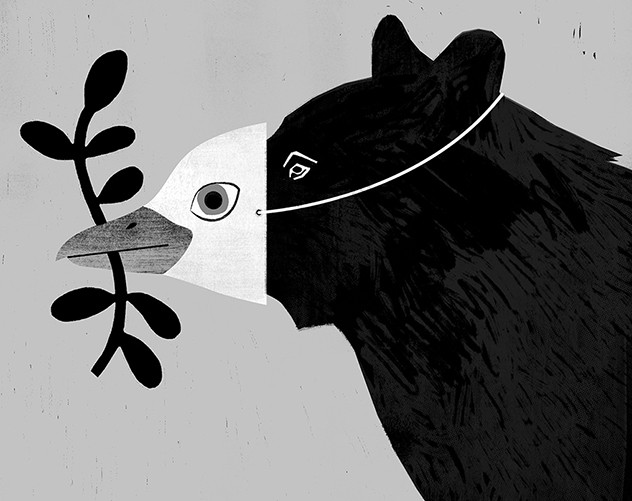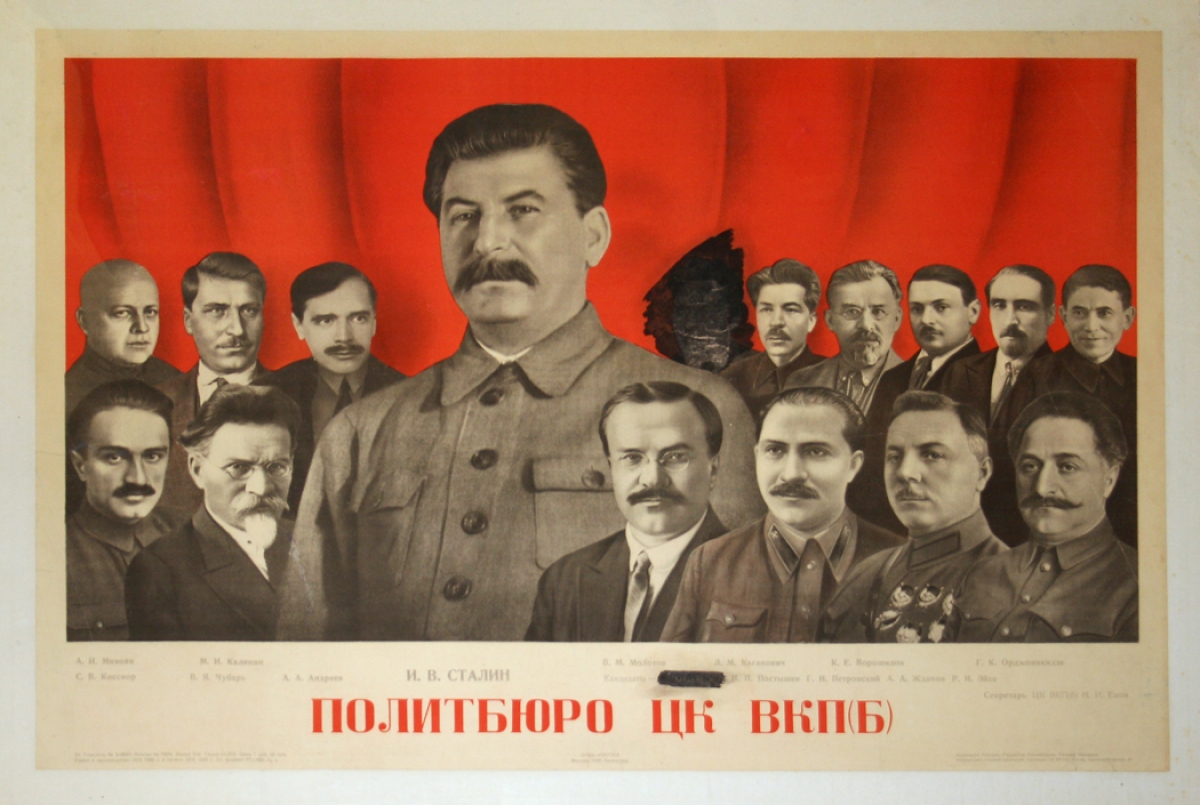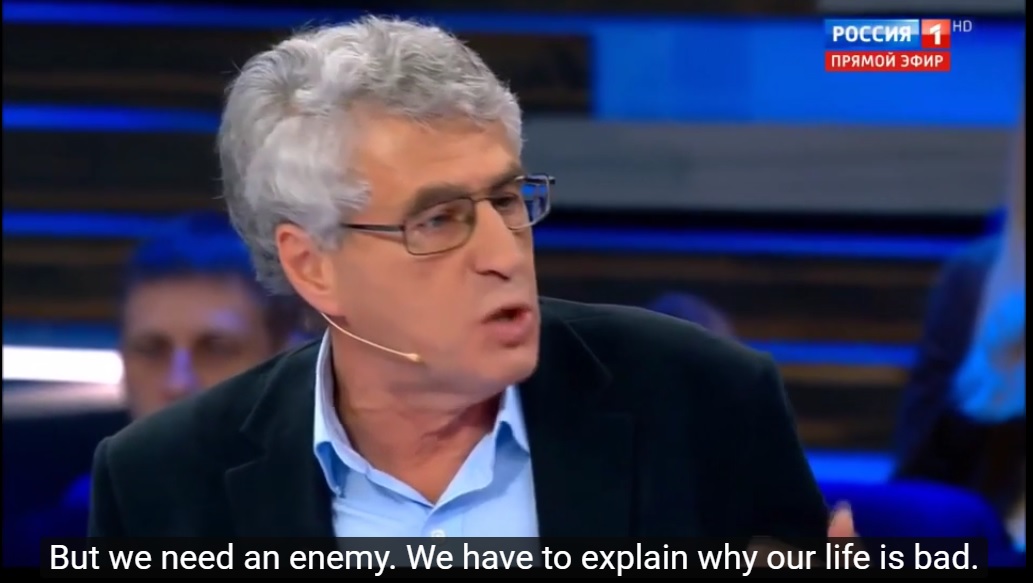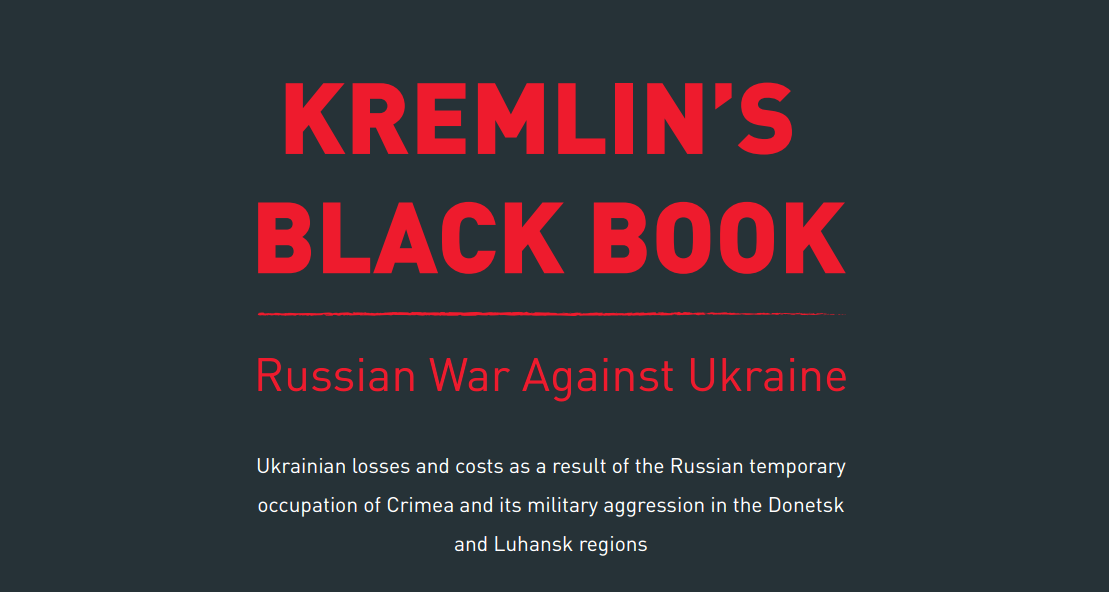From the fall of 2013 until today, events in Ukraine have been the main topic of Russian politics and mass media. First, there was the Ukrainian choice between the European Union and the [Russian led] Customs Union. Then, the clash between Yanukovych and Maidan. Later, Crimea and the separatist protests in the southeast. Finally, in the past few months, the antiterrorist operation in Donbas.
As of this moment, the majority of these are now moot points. It is impossible to imagine Ukraine as a Customs Union member. Yanukovych has been living in Rostov for a long time, as either a refugee or a hostage. There is no separatism in Kharkiv, Dnipropetrovsk, Zaporizhya, Kherson, Mykolayiv, and other Russian-speaking regions: people who risk appearing in public with Russian symbols or the black-and-orange ribbon are handed over to the police by the locals themselves. In contrast, Crimea is almost completely cut off from Ukraine both in terms of transportation and mentality (in the future its status will probably be an issue raised by various parties, but it is not a hot topic at the moment). Finally, the territory that is under control of the Donetsk and Luhansk “People’s Republics” is decreasing every day. If Russia does not invade, these republics have from several weeks to several months left to live.
Overall, it is time to examine the results of the nine-month-long anti-Ukrainian state campaign, which was casually dubbed the “Russian Spring” by radical nationalist publicist Yegor Kholmogorov. Of course, a lot could change, but our country has a long-standing political tradition of drawing conclusions well before there are any grounds to do so (for example, reports of “The Results of Putin” have been appearing since 2008 and the first roundtable talks on “Moscow after Luzhkov” started in 1999 [Ed: Luzhkov was mayor of Moscow in 1992-2010]).
Failure on all accounts
Let us begin with the declared goals. Throughout the various periods of the “Russian Spring”, the Russian political establishment and its media service have been justifying Russia’s activities in Ukraine via three types of arguments:
- Nostalgic: associated with the desire to restore a union between some of the republics that constituted the foundation of the Russian Empire and the USSR. According to this concept, first proposed by Solzhenitsyn, the integral parts of such a union are Russia, Ukraine, Belarus, and Kazakhstan. Therefore, Kyiv’s intent to sign the Association Agreement with the European Union was seen as a serious threat to the unification process in the post-Soviet space and an “anti-Russian step”. This threat provoked attempts to buy Yanukovych, Euromaidan, and all subsequent events.
- Geopolitical: according to which the entire world is a battlefield for several power centers who are constantly re-dividing their spheres of influence and in which Russia’s main opponent is the US (or “western civilization” in general). Following this logic, Ukraine was simply unfortunate enough to become yet another location for our battle with the Americans because they initiated an anti-Russian coup there. And the main motive for interfering in events happening there is to prevent “the emergence of NATO at our borders”, to preserve Ukraine “within the zone of Russian interests”, etc.
- Nationalistic: our goal is to protect the Russian-speaking population of Ukraine who are subject to discrimination in comparison to Ukrainian-speakers. And also, to strengthen the “Russian World”, to unite the “divided Russian people”, and to support other “Russian resurgent movements.” Starting in March, this argument became indisputably mainstream.
Meanwhile, by the beginning of August 2014, even the most loyal fans of the “Russian Spring” were forced to admit that none of the aforementioned goals have been achieved but, on the contrary, for every single one we have achieved exactly the opposite results.
- Nobody in their right mind can imagine Ukraine as a member of any association initiated by Russia. And this is not only a problem with Ukraine. As a result of the “Russian Spring”, Belarus and Kazakhstan have also cooled their enthusiasm for any integration project in the post-Soviet territory. Both Lukashenka and Nazarbayev have their own Russian-speaking population which is now viewed as a potential time bomb: what if they also desire “federalization” or “people’s republics”? Therefore, we can probably kiss the Customs and Eurasian Unions goodbye.
- Even if we agree that Maidan is an “anti-Russian coup initiated by the Americans”, under normal circumstances, any politicians coming to power in Ukraine would have still been forced to maneuver between the West and Russia. The economic, energy, and domestic ties with our country were too significant, it would have been too difficult to reject them. However, now the Ukrainian political class is ready for this rupture. Therefore, “NATO bases near Belgorod” are transforming from a patriotic horror story into an entirely possible reality.
- The situation is even worse for the “protection of the Russian-speaking population.” Thousands of corpses on both sides – and almost all of them were Russian-speaking in life. People whose homes were taken away, forced refugees too. Adherents of the “Russian Spring” can say as much as they want that the fate of these people would have been even worse without their intervention. However, anyone familiar with the real situation, and not just TV mythology, knows that before armed separatists appeared in Ukraine, the “discrimination” against Russian speakers came down to the necessity to use Ukrainian for state business and to learn Ukrainian history in school. And that’s it. But all the current death, blood, pain, tears, and destruction are exclusively the consequence of the “protection of the Russian world”.
Any one of these would have been enough for any normal Russian nationalist to curse the “Russian Spring” and all of its initiators. However, the detrimental effects of the “Russian Spring” for the “Russian World” are not limited to Donbas. In other oblasts in the southeast, many residents who had, until recently, self-identified as “Russians” are now describing themselves as Ukrainians. Others continue calling themselves Russian but don't want to have anything to do with Russia as a state. People who speak both languages but have used mostly Russian in their everyday life are now en masse switching to Ukrainian. And those who did not bother learning it during the previous 23 years are now picking up textbooks.
All talk of federalization, increasing regional autonomy, one state for two peoples, Russian as the second official language, etc. is irrelevant. Dnipropetrovsk, Zaporizhya, Kharkiv, Sumy, Mykolyiv, and other formerly pro-Russian cities and villages have now become centers of Ukrainian patriotism and strong bastions for a united Ukrainian nation. Of course, there are still many Ukrainian citizens who continue to consider themselves Russian and who see Russia as a brotherly state. However, their numbers are decreasing every day, especially among the youth. But that is only in Ukraine; some have also started “leaving the Russian ranks” in Belarus, Kazakhstan, and the other former USSR republics. So, it would not be an exaggeration to say that the “Russian Spring” has already decreased the Russian nation by millions of people. More than the polovtsi tribe [Cuman and Kipchak peoples], Batu Khan, and Napoleon. Wonderful protection, I'd say!
But Crimea is ours!
The only thing that the adherents of the “Russian Spring” can still count as an achievement is the inclusion of two new subjects into the Russian Federation: the Republic of Crimea and the city of Sevastopol. However, first, in light of the initial ambitions – there was talk at various times of eight Ukrainian regions, then thirteen, or even all of Ukraine – these acquisitions look quite modest. Secondly, Crimea's future status is disputed by Kyiv, and there is no doubt that, after the ATO ends in Donbas, it will become a pertinent issue again. None of the major nations of the world have acknowledged the change of state jurisdiction on the peninsula, and the resort area cannot exist for long under the conditions of transport and tourism embargo.
The millstones of history grind slowly
Let us now discuss the consequences of the “Russian Spring” for Russia itself.
Optimists (or, alternately, alarmists – depending on one's attitude towards the regime existing in Russia today) frequently insist that it will lead to the ousting of Vladimir Putin and his team from state government. This talk especially increased after the MH17 Boeing crash and the West's reaction which followed. Supposedly, the global community is ready to turn a blind eye to many things, but there are certain red lines which,
after crossing, any authoritarian leader will meet their end. Typically, this is illustrated by the South Korean Boeing in 1983, the Lockerby terrorist attack, and Saddam Hussein’s invasion of Kuwait.
However, each example demonstrates that, even if optimists and alarmists are right in this case, Putin and company will rule Russia for years to come, if not decades. After a Soviet destroyer downed the KAL007 Boeing, eight years passed before the communist regime in the USSR fell. Saddam Hussein was deposed 13 years after the occupation of Kuwait. Muammar Gaddafi remained the sole owner of Libya for almost a quarter of a century after Lockerby. Of course, in the end, both with the USSR and Hussein and Gaddafi, things ended badly. However, we cannot find a reason for optimism here either: in the first case, the regime died together with the entire country and, in the other two, their overthow led to permanent civil war, chaos, and anarchy.
In any case, this is a very distant future. For a contemporary person, 8 years – let alone 23 years – is an absolutely impossible horizon for planning. So, until then, we are to expect increasing sanctions from the West and a strengthening of anti-Western rhetoric from the state propaganda, following Iran's example (“USA – the Big Satan”).
Naïve romantics’ dreams
There is also a school of thought that the main threat to Putin and his associates is the “national-patriotic” camp. The ardent supporters and participants of the “Russian Spring” who learned to capture administrative buildings, build grassroots power structures without state involvement, and fight overwhelming odds in the context of an urban metropolis.
However, this opinion is absolutely unfounded. Russian state security bodies have traditionally been able to work with representatives of the “national-patriotic” camp since the 1980’s and it is unlikely that they have lost their skills. Some, Rogozin for example, can be integrated into the system. Others can be redirected to fight the "fifth column" and “national traitors.” Still others can be jailed according to article 282 and similar Criminal Codes. And if someone still dares to stage a national-patriotic rebellion, they can be simply shot from tanks, like in 1993, with the liberal media and western public opinion’s silent consent. On their own, nationalists have few victories in the contemporary world and none in the post-communist territories. Just like liberal Westerners, by the way.
Russia and Russians lost, Putin won
And here we come to my main point. The experience of all post-communist countries is clear: it is possible to depose the super-corrupt party-Komsomol-KGB elite only when the “liberal” and “nationalist” contingencies unite against them. Educated Westernized citizens calling for democratic institutions and adherence to their civil rights, plus the romantic youth which perceives the fight against the regime as liberation from occupation, results in “national rebirth” and the “establishment of a political nation.”
This is what happened in most east European countries during the “Velvet Revolutions” in the late 1980’s. The Baltic states followed these same steps after the USSR fell (and in Latvia and Estonia the nationalist component was not only rhetorical). In Serbia, Milošević could have been strong in the face of nationalist Sesel and liberal Dzhindzhic, however he fell from the revolution embodied by national-liberal Koštunica. The “Rose Revolution” in Georgia, both Maidans in Ukraine, Moldova, and elsewhere in east Europe, civic society was able to achieve victory over the successors of the communist regime only under liberal-nationalistic slogans. There is no other way.
We should stop and discuss the second (and, so far, the last) Maidan separately, since it happened back when the Russian protests “for fair elections” were still fresh in people’s memories and the similarities and differences between the two were easily visible even to those who were not in the know. It is not the purely nationalistic organizations (of course, the infamous Right Sector played a role in Maidan’s victory, but it was not as big as Russian state propaganda tried to make it), but the visual contrast. The sea of national flags. A constant chorus of the state anthem. “Glory to Ukraine” at the beginning and end of almost every speech. Priests who prayed from the booth… It is simply impossible to imagine any of this on our Bolotnaya square.
In the normal course of things, after the victory of Maidan, many participants of the 2011-2012 Russian protests should have thought: maybe this explains why the results achieved by Russian and Ukrainian protesters differ? Maybe we should protest against the government with tricolors, shouting “Glory to Russia”, and with group prayers? Maybe Russia could also escape the Soviet realities under liberal-nationalistic banners?
However, the “Russian Spring” put an end to this talk, having placed the liberals and nationalists on opposite sides of the fence. So much so that even the theoretical possibility of their cooperation is categorically denied by both sides, each of whom saw the embodiment of their phobias in the opposite camp. For nationalists, the liberals will, for a long time, remain backstabbing “traitors” who are always “against the Russians.” And nationalists, to the liberals, are stupid and irresponsible maniacs who should be hanged like [Nazi propagandist] Streicher, or at best not allowed to go anywhere near the government.
This is the main achievement of the “Russian Spring” for Putin and his team. It is unlikely to be a intentional and preemptively-planned effect, but an unexpected bonus. (The plan was probably to prevent the revolutionaries who won in Ukraine from building a society attractive to the Russians, or at least to slow down the process.) But our president is constantly lucky, as it happens. In the end, both Russia as a state and Russians as a people have lost in the “Russian Spring.” For many decades to come. And Putin has won more than he lost, considering his personal motivations. More than he would have if he had sat and waited for his own Maidan after February 21.
by Alexandr Shmelev, Aug 18, 2014
Source: Slon
Translated by Mariya Shcherbinina, edited by Elizabeth Martin





